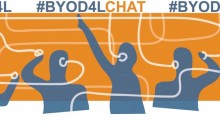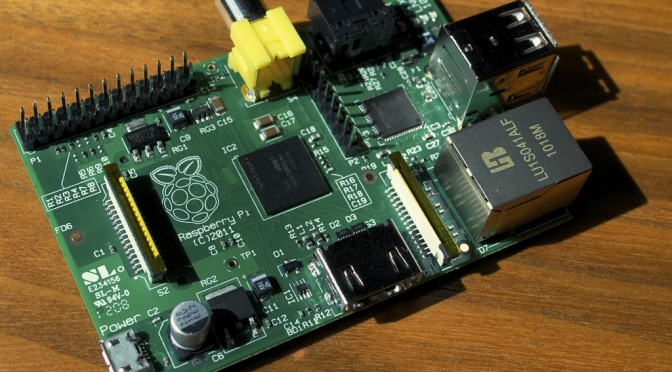Case Study: Developing Study Skills through Structured Reflection
This case study outlines the way in which a tutor has used PebblePad and the SHU Study Skills Toolkit to support students in developing their academic study skills. Level 4 Criminology students are required to submit a reflective assignment during their second semester; however, the students often have little experience with reflection and so fail…







